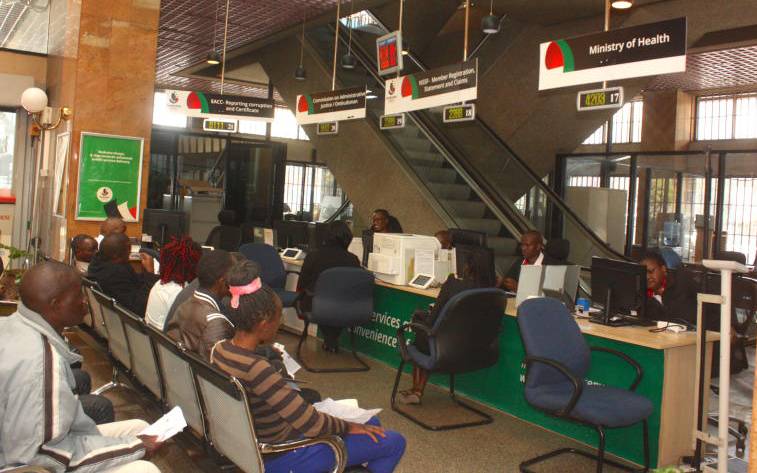
President Uhuru Kenyatta recently signed a law establishing the National Integrated Identification Management System (NIIMS), as a platform that will digitise and centralise records of vital life events of citizens and of foreigners’ resident in Kenya. The Statute Law (Miscellaneous Amendments) Act 2018 amends the Registration of Persons Act (RPA), inserting a clause that provides the legal basis for NIIMS.
The digitisation of records can improve efficiencies in registration and increase data quality while lowering cost of data management. This can, in turn increase registration coverage, thus bringing more people into registration. However, the processing of the Statute Law (Miscellaneous Amendment) Act, as well as the drafting of the text of the law, is flawed and is unlikely to provide a reliable foundation for what the government proposes to do.